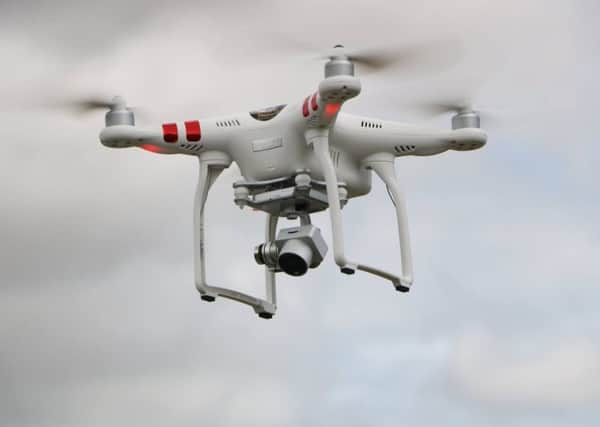City is flying high after drone victory


The city beat tough competition from around the UK and is the only North West representative on the new Flying High Challenge.
It follows a partnership between the University of Central Lancashire and Preston City Council to lead the successful application, run by Nesta’s Challenge Prize Centre in partnership with Innovate UK.
Advertisement
Hide AdAdvertisement
Hide AdOver the next five months, the pair will work with national drone experts to host a range of events for local companies and work on a strategy to see how drones can be used in the future to respond to a wide variety of challenges.
The team will work with technical experts, regulators and government officials while the city will also get priority status for future demonstration projects.
Dr Darren Ansell, UCLan Aerospace Engineering lead, said: “The Flying High City challenge is an important opportunity for Preston to develop a vision for the integration of drone systems, building upon its history of aerospace innovation.
“This recognition on a national scale is fantastic, it is putting Preston’s name up in lights and will open doors at the very top levels of the industry.”
Advertisement
Hide AdAdvertisement
Hide AdAssistant chief executive of Preston City Council, Derek Whyte added: “Given the importance of aerospace in the area, it is vital that Preston takes a lead on identifying drone opportunities.”
Preston has been at the forefront of identifying and developing civic drone applications for several years, through the work of UCLan’s Civic Drone Centre, which was established in 2014 with £250,000 investment. The centre is a key part of the university’s £32m Engineering Innovation Centre.